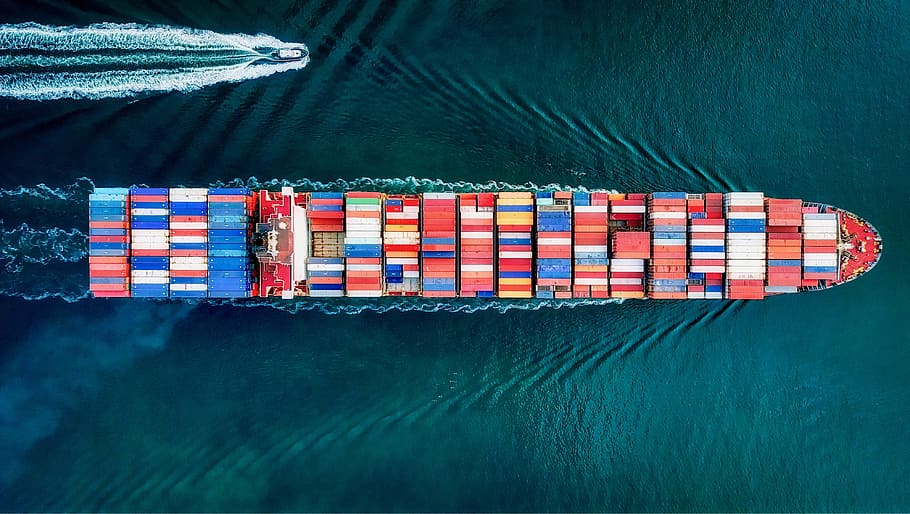By gcaptain.com.
LOS ANGELES/AMSTERDAM, July 27 (Reuters) – Electric vehicles are crisscrossing the globe to reach their eager buyers, but the battery technology involved in the zero- emission automobiles is exposing under-prepared maritime shippers to the risk of hard-to-control fires, industry, insurance and emergency response officials said.
That risk has been put under the spotlight by the burning car carrier drifting off the Dutch coast. The Dutchcoastguard said the fire’s cause was unknown, but Dutch broadcaster RTL released a recording in which an emergency responder is heard saying “the fire started in the battery of an electric car.”
While all logistics companies deal with the risk of EV lithium-ion batteries burning with twice the energy of a normal fire, the maritime industry hasn’t kept up with the developing technology and how it creates greater risk, maritime officials and insurers said.
A Brief Look Back at Recent Car Carrier Fires
There were 209 ship fires reported during 2022, the highest number in a decade and 17% more than in 2021, according to a report from insurer Allianz Global Corporate & Specialty (AGCS) ALVG.DE. Of that total, 13 occurred on car carriers, but how many involved EVs was not available.
The European Maritime Safety Agency said in a March report the main cargo types identified as responsible for “a large share of cargo fire accidents included … lithium-ion batteries.”
There were 3,783 new cars on board, including 498 electric battery vehicles, a spokesperson of ship chartering company “K” Line said on Friday. Initial reports had put the number of electric vehicles at just 25.
Shipping Losses Hit Record Low in 2022, But New Challenges Emerge
Japan’s Shoei Kisen, which owns the ship, said it was working with authorities to get control of the fire.
Read more at gcaptain.com.

